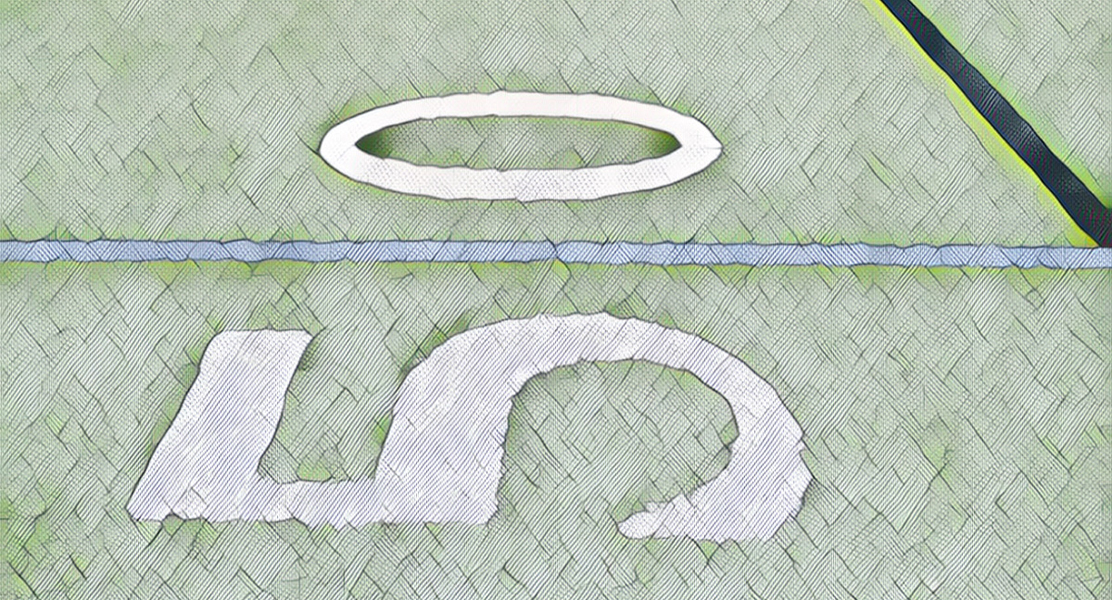BJC urges Supreme Court to reject high school coach’s defense of on-field prayers with students

In a friend-of-the-court brief filed with the U.S. Supreme Court, BJC is defending the right of public school students to participate fully in extracurricular activities without religious pressure by teachers or coaches. Kennedy v. Bremerton School District involves a high school football coach’s practice of kneeling to pray at the 50-yard line with students immediately after games.
As the brief submitted by BJC explains, “[t]he critical issue in this case is whether Petitioner’s on-field prayers are ‘government speech endorsing religion, which the Establishment Clause forbids,’ or whether they are ‘private speech endorsing religion, which the Free Speech and Free Exercise Clauses protect.’” Here, the coach’s actions, BJC argues, are clearly government speech because he is acting as an agent of the government while overseeing students.
[T]eachers stand in two sets of shoes at once. Vis a vis their governmental employer, a public-school teacher is both an agent and a private person, and as a private person, endowed with rights under the Free Speech and Free Exercise Clauses. But vis a vis their students, a public-school teacher is the government, bound by the strictures of the Establishment Clause. Both interests must be taken seriously.
Even then, BJC emphasizes, Coach Kennedy can pray after the game, so long as he takes care to protect against pressuring students to participate.
All [we] want Petitioner to do is pray in a way that clearly separates his private from his governmental capacity—that does not unite his government role with his private religious exercise, and that does not explicitly or implicitly invite his students to join him. He could delay the prayer at the fifty-yard line. Or kneel to pray in some secluded location near the field, or while the students are otherwise occupied, as he did for several weeks… Or he could pray unobtrusively on the sidelines… without the public display inherent in kneeling or walking to the fifty-yard line or both. In short, he need only change the time, place, or manner of his prayer.
This case is about more than this coach and the 50-yard line. As BJC’s brief explains, significant damage would be done to religious liberty if his argument is accepted that actions undertaken while on the job as a public school teacher are protected private speech.
If Petitioner can pray in the immediate presence of his students—students whom he is still responsible for supervising—and if he can let his students freely join in his prayer, simply by declaring himself to be speaking in his personal capacity, then so can any other teacher. And the school-sponsored prayer cases would become dead letters in many school districts. Petitioner’s argument ignores this Court’s foundational decisions that protect the religious liberty of students and their parents by prohibiting government-sponsored prayer in schools.
By enabling teachers and coaches to toggle back and forth between their private and governmental roles, Petitioner’s argument would make the Establishment Clause an empty shell.
You can read the brief here, which was joined by the Evangelical Lutheran Church in America, the American Jewish Committee, and the United Church of Christ. It was written by noted church-state scholars Douglas Laycock and Christopher Lund.
The case is set for oral argument on Monday, April 25. Stay tuned.




